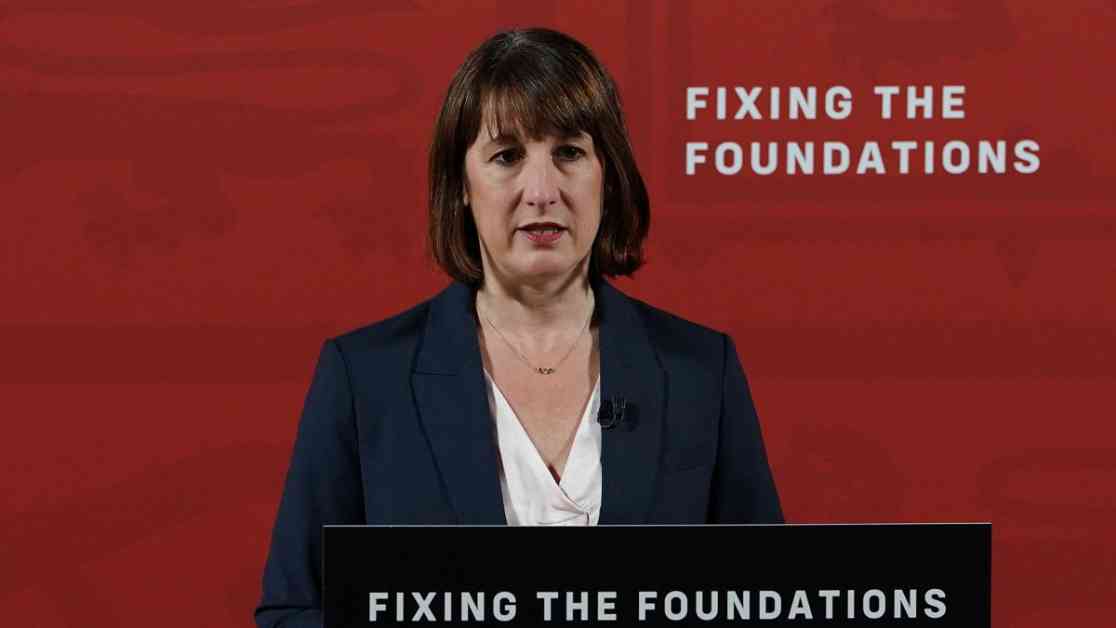The recent increase in inflation has thrown a curveball at the newly appointed government, led by Sir Keir Starmer. According to official figures, the Consumer Prices Index inflation rate rose to 2.2% in July, marking the first uptick this year. This development has prompted the government to reassess its economic recovery plan and make some tough decisions to address the challenges ahead.
Challenges of Rising Inflation
Inflation is a key economic indicator that measures the rate at which prices for goods and services rise. While a moderate level of inflation is generally considered healthy for an economy, a sudden spike can have detrimental effects. Rising inflation erodes the purchasing power of consumers, as their money buys fewer goods and services. This can lead to a decrease in consumer spending, which in turn affects businesses and overall economic growth.
The recent increase in inflation to 2.2% has raised concerns about the cost of living for many families. With wages struggling to keep up with rising prices, households are finding it increasingly difficult to make ends meet. This situation puts additional pressure on the government to take immediate action to mitigate the impact of inflation on the economy.
Government’s Response to Inflation
Chief Treasury secretary Darren Jones has emphasized the government’s commitment to addressing the challenges posed by rising inflation. He stated that the government will not shy away from making tough decisions to fix the economy and support struggling families. This signals a proactive approach from the government in tackling the economic repercussions of inflation.
One of the key strategies that the government is considering to combat inflation is to implement targeted policies that focus on controlling price levels. This could involve measures such as regulating prices on essential goods and services, providing subsidies to offset rising costs, or implementing tax breaks to ease the financial burden on households. By taking a targeted approach, the government aims to address the root causes of inflation and prevent it from spiraling out of control.
In addition to short-term measures, the government is also looking at long-term solutions to strengthen the economy and ensure sustainable growth. This includes investing in infrastructure projects, promoting innovation and entrepreneurship, and fostering a competitive business environment. By laying the groundwork for future economic prosperity, the government hopes to create a resilient economy that can withstand external shocks such as inflation.
Impact on Politics
The recent increase in inflation has put pressure on the new government, led by Sir Keir Starmer, to deliver on its promises of economic recovery. The government’s response to rising inflation will be closely scrutinized by the public and political opponents alike. Any misstep in addressing the challenges posed by inflation could have far-reaching consequences for the government’s credibility and public trust.
The opposition parties are expected to capitalize on the government’s struggles with inflation to score political points. They may criticize the government’s economic policies, offer alternative solutions, or highlight the impact of inflation on ordinary citizens. This political maneuvering adds another layer of complexity to the government’s efforts to address the economic fallout from inflation.
Overall, the government’s plan for economic recovery after the setback of rising inflation will be a test of its leadership and decision-making abilities. By taking decisive action and implementing effective policies, the government can navigate the challenges posed by inflation and steer the economy towards sustainable growth.













